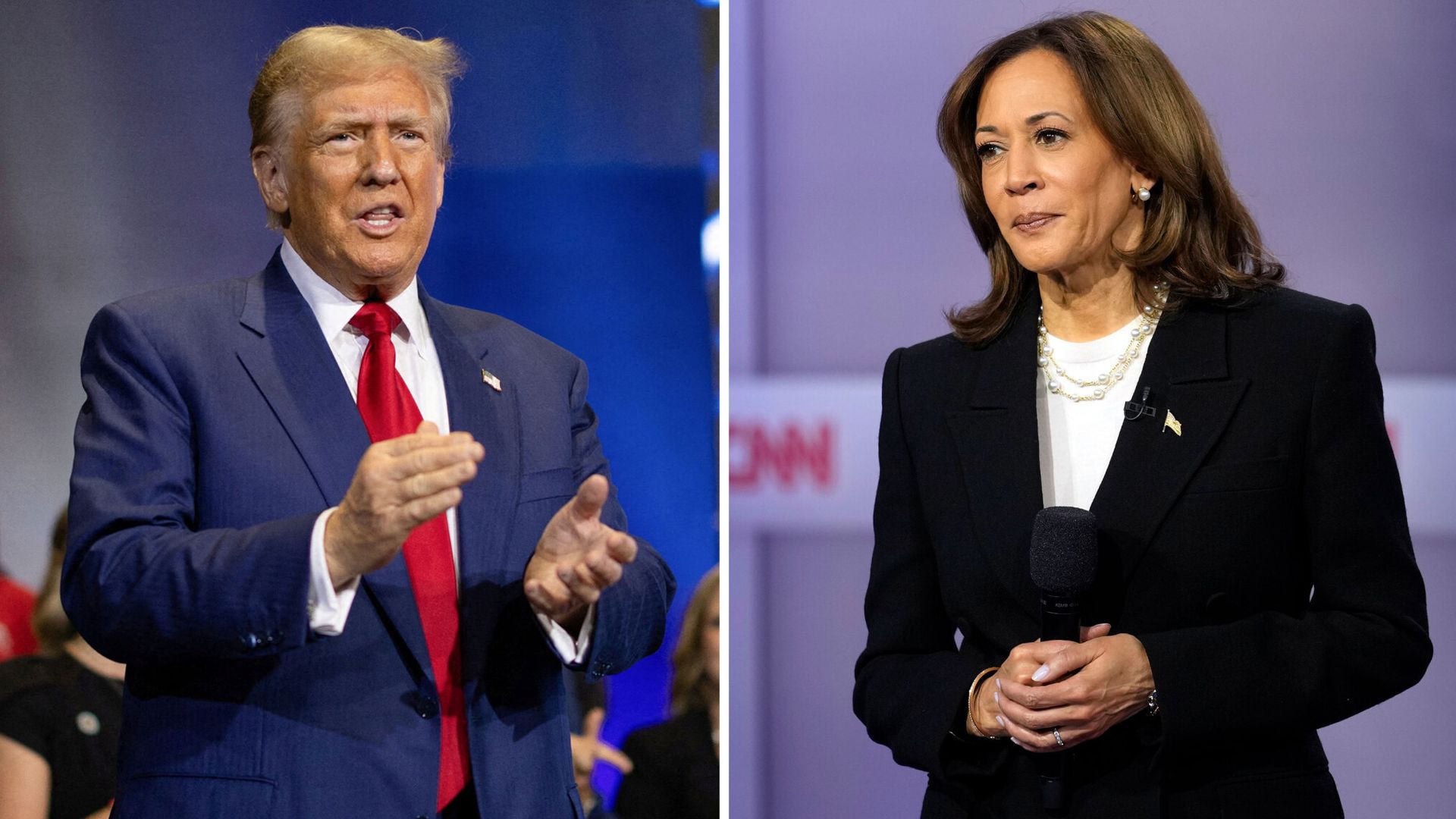
WESTBROOK, Maine — Dancers whirled and leaped, trailing dazzling fabric through the air at the middle school on Saturday. Nearby, children pounded traditional drums and marveled at a sparkling, serpentine dragon.
Not far away, experienced players gave mahjong lessons to the uninitiated while a hungry lunchtime crowd chowed down on dumplings and General Tso’s Chicken.
The topic of the day at the annual Lunar New Year celebration was — what else? — the cold weather. No one was much concerned about the purported Chinese spy balloon kerfuffle currently burning up the 24-hour cable news networks.
They were too busy celebrating the year of the rabbit and trying to resurrect a long-forgotten sister program with China’s northeast province, Jilin. International politics, for this crowd, is just a distraction.
“Happy New Year,” said Ah-Kau Ng, welcoming people to the event, organized by the Chinese American Friendship Association of Maine. “This isn’t about governments. This is about building bridges, about people-to-people cultural exchange.”
The friendship association was organized more than 30 years ago to promote awareness and appreciation of Maine’s Chinese, and Chinese-American, cultures.
“We’re here to support Maine’s Chinese community and to expose people in Maine to Chinese language and culture,” said Susan Lieberman, who has been involved with the friendship association for many years.
While revelers enjoyed performances, listened to lectures and observed Tai Chi demonstrations, association Interim President Gary Libby took tickets by the door. Libby is spearheading the effort to pump new life into the sister state-and-province relationship, which has been mostly dormant since it was established in the 1980s.
Maine and China’s northeastern Jilin Province officially became sisters in 1993 when then Gov. John McKernan signed an official proclamation with officials from Jilin. The effort to establish relations began in 1988 but were temporarily put on ice after the Tiananmen Square massacre in June 1989.


A few delegations went back and forth after Jilin and Maine became connected but no administration since Mckernan’s has actively pursued anything further.
“Unfortunately, none of Maine’s governors following him have done anything to acknowledge or maintain this hard-earned relationship which has been allowed to wither and die,” Libby said.
But in August, Libby received a letter from an official in the Foreign Affairs Office of Jilin Province.
“I’m writing this email considering the revival of the twin relationship between Jilin Province and the State of Maine,” wrote LI Zhi. “Jilin province cherishes the twin relationship and is willing to work with you and [the friendship association] as well to extend the relations.”
Libby immediately wrote back acknowledging the letter and stating his organization’s willingness to do its part. He also wrote an email to Gov. Janet Mills, asking for help and official backing.
“But I haven’t heard anything back, yet,” Libby said.
Still, he’s hopeful.

What’s more, with international tensions at an all-time high over the balloon, tariffs, Taiwan and the South China Sea, Libby thinks friendly relationships between regular people from Maine and Jilin would be more valuable than ever.
“Even though it would be officially between two governments, iIt would really be about people-to-people cultural exchange,” he said. “People could travel, learn about each other and there could also be economic benefits.”
Dawn Ng taught English and learned Chinese during a university exchange in Jilin, when the sister program was active, in the 1990s.
“It was amazing. It was still the time of bicycles there,” Dawn Ng said.
She said she would welcome a new chapter in the exchange program and people in both Maine and Jilin would benefit.
“It would humanize us to each other,” Dawn Ng said. “Then people could differentiate between people and politics.”
Libby said he’s hoping to hear from Mills soon because it’s not just a matter of fun, food and games. It’s important for the future of the planet.
“I really think that if people here got to know people there, we’d find out we were similar,” he said. “Then we’d see China is not necessarily our biggest enemy.”










